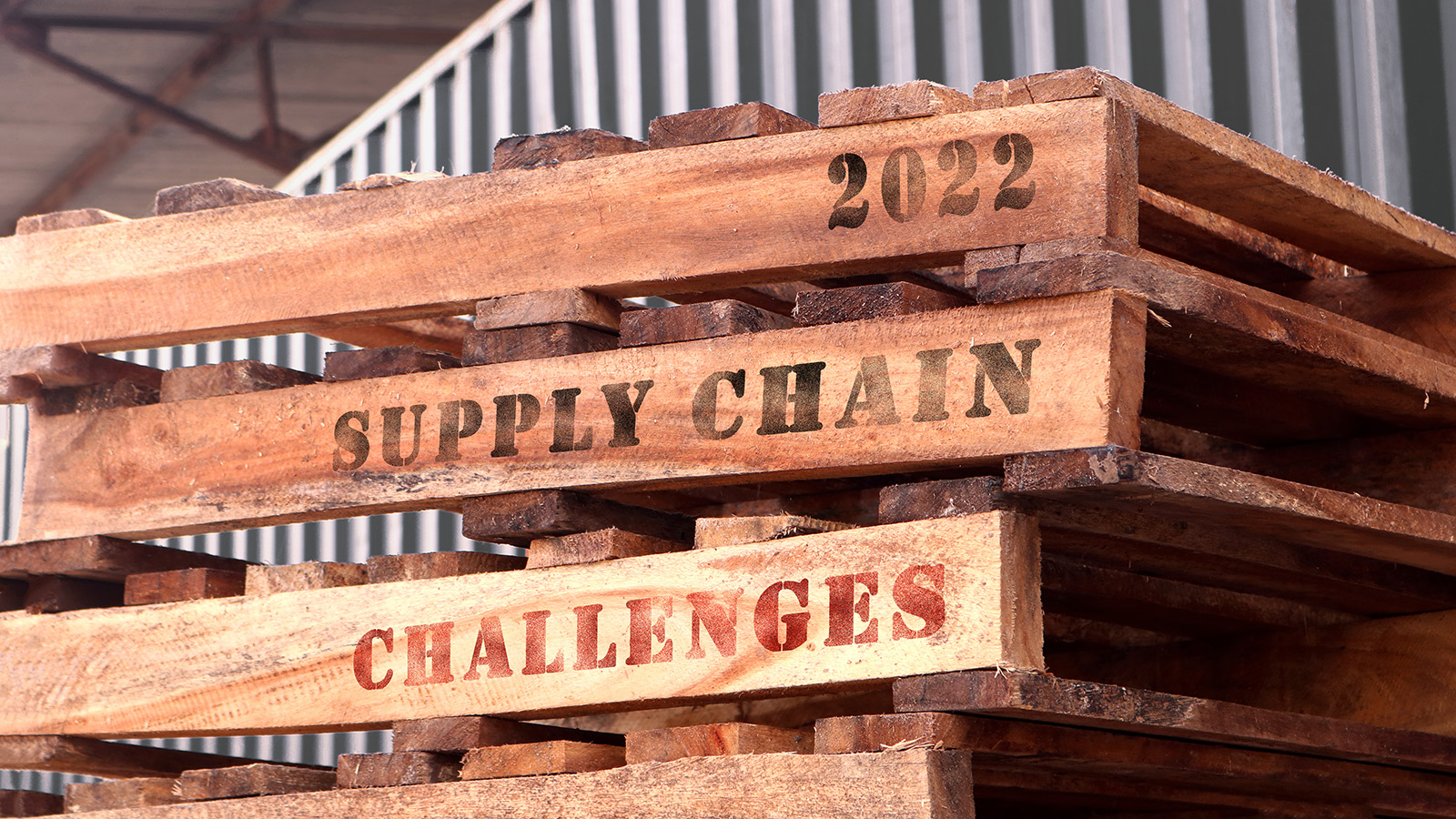War, pandemic and other disasters put pressure on supply chains
Unforeseen events, such as the war in Ukraine or a natural disaster, can cause shock waves in supply chains with unexpected consequences. So far, the current crisis in Ukraine has only had indirect effects on AT&S.
Markus Kessler
“The attack on Ukraine was a surprise even for experts. Of course, we always try to be prepared for all eventualities and prepare our supply chains for external shocks, but you can’t predict events like a war or natural disasters,” says Petri Helin, Head of Global Supply Chain Management at AT&S. The direct impact on AT&S’s supply chains is limited in the current case because there are no suppliers or suppliers of suppliers in Russia, Ukraine or Belarus. However, there will probably be indirect effects, as the region is a major supplier of certain raw materials that are important for the supply chains.
Prices pick up
“Due to the sanctions, we expect price increases, for example for copper, titanium, or nickel. Russia is an important source of these raw materials. How strong this influence is will depend on the length of the war and the possible tightening of sanctions. In extreme cases, lack of availability of individual raw materials could become a problem for suppliers,” says Helin. What will certainly also lead to price increases is the increasing pressure on energy markets in Europe. The dependence on Russia in this area is enormously high and the prices for gas, oil, and electricity have already risen significantly. This is also being felt by companies in AT&S’s supply chains, some of which operate in very energy-intensive industries. Security of supply could also become a problem for supply chains here in the long term.
Airplane congestion
The international transport of materials is suffering from the airspace closures imposed on each other by Russia and the EU states. Routes from Europe to East Asia have been partially blocked or have to divert via the North Pole or to the south of Russia. As a result, shipments are taking longer and prices are rising. “Some of the loading terminals are already full because flights have been canceled. This causes congestion in supply chains. Logistics is a machine, if one cog gets jammed, the whole mechanism gets out of balance. This leads to delays and price increases, and planning becomes much more difficult,” says Helin. Because supply chains are already under pressure from ripple effects caused by the pandemic, such additional shocks can quickly lead to major congestion, not only in the air but also in transportation networks that rely on road or rail.
Communication and alternatives
How the situation in Ukraine will develop is impossible to predict. Although there is currently no direct impact on AT&S’s supply chains, the situation continues to be closely monitored. “We are constantly checking whether customers or suppliers are affected by new developments, the situation is very dynamic. Costs will rise, we also observed this during the pandemic. We are constantly in contact with our suppliers to identify potential problems at an early stage. We will make our supply chains even more robust by reducing dependencies and minimizing risks. You can learn from every crisis,” says Helin.
Share post:




